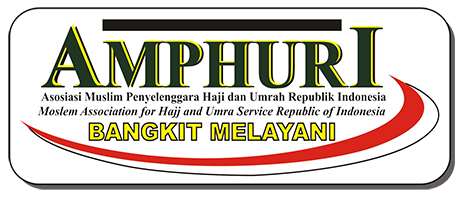INTEGRASI TEORI SISTEM KELUARGA SALVADOR MINUCHIN TERHADAP POTENSI IBADAH HAJI SEBAGAI PONDASI KEHARMONISAN RUMAH TANGGA
DOI:
https://doi.org/10.32332/multazam.v4i1.9350Keywords:
Family System, Salvador Minuchin, Hajj, FamilyAbstract
This study examines the significance of the Hajj pilgrimage on the spiritual life and domestic life of Muslims. Utilizing qualitative research with an extensive literature review based on reliable data sources, including books, journals, and verified websites, it features an in-depth analysis grounded in Salvador Minuchin’s Family Systems Theory. This theory emphasizes a system in which interactions and relationship structures among family members impact individual behaviour and the overall psychological health of the family. The findings indicate that the Hajj pilgrimage is a continuation of a long tradition predating Prophet Muhammad, emphasizing its role as a manifestation of submission to Allah and a communal expression of gratitude, thereby forming an integral part of the fifth pillar of Islam. On another note, the Hajj also catalyzes strengthening family ties and facilitates both personal and communal spiritual rejuvenation. It is evidenced by how the Hajj contributes to enhancing family harmony, reaffirming Islamic values such as compassion and loyalty, aiding in conflict resolution, and fostering simplicity and tolerance. In relation to Minuchin’s theory, this study illustrates how shared experiences of the Hajj can lead to the restructuring of family roles and improved interpersonal relationships, thereby promoting family cohesion. Therefore, this research identifies that the Hajj extends beyond its religious obligations, functioning as a profound investment in family stability and harmony. The study offers new insights into how the Hajj can be leveraged to support harmony and stability in Muslim family life, suggesting policies and practices that can maximize the spiritual and relational benefits of the pilgrimage.











